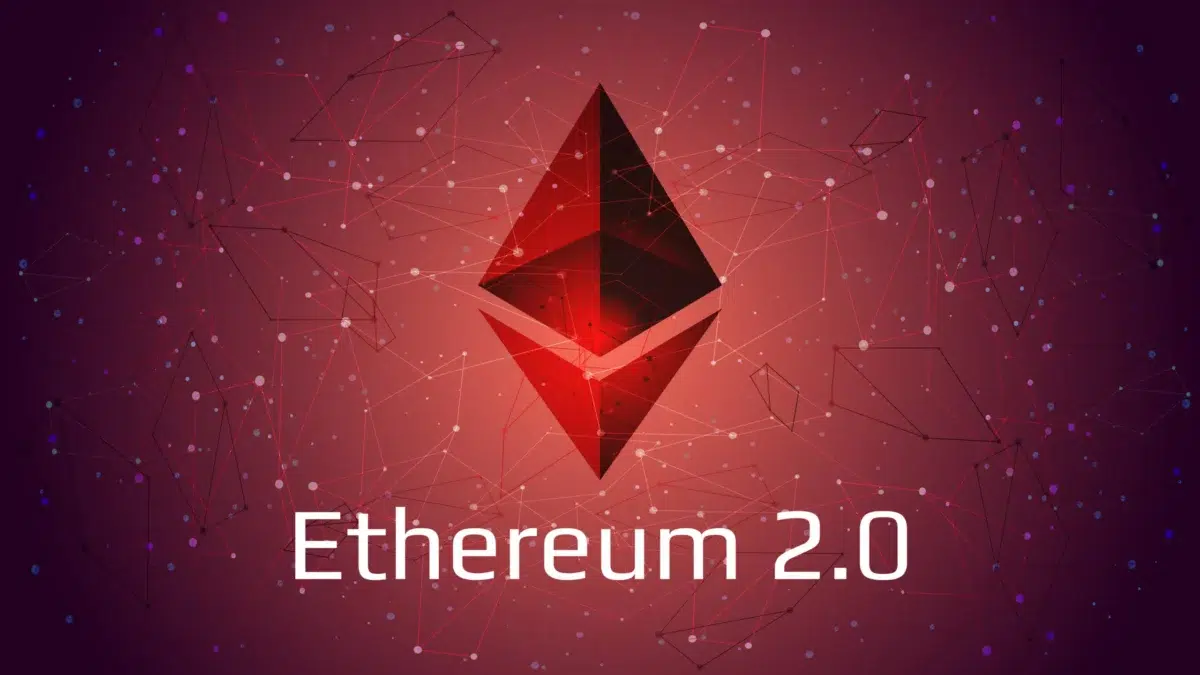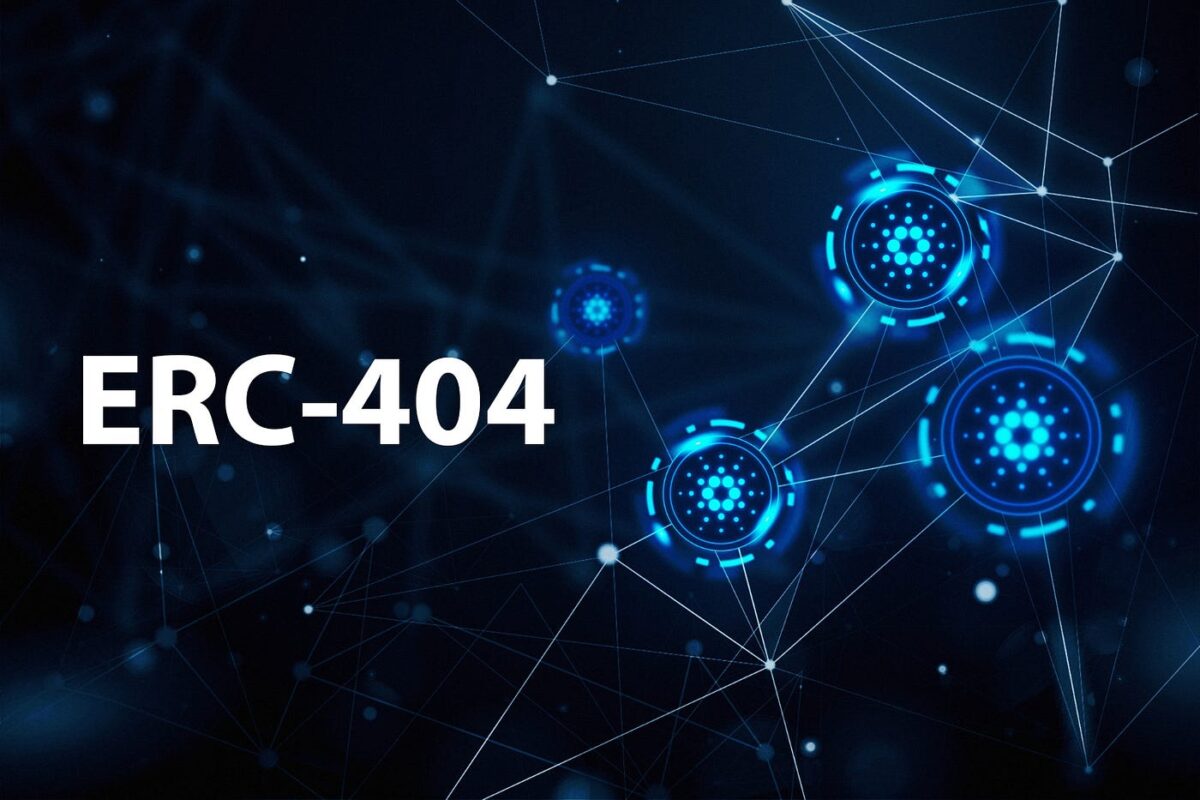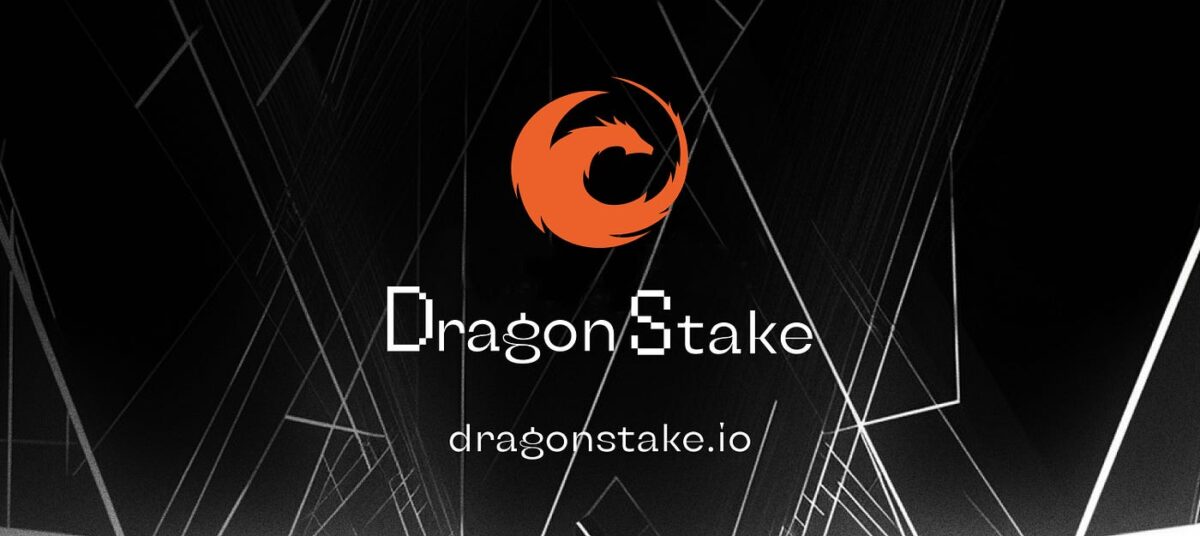On March 3, the mainnet of Bitcoin Private uniting the Bitcoin (BTC) and Zclassic (ZCL) blockchains. Obviously, both BTC and ZCL will follow their course but Bitcoin Private (BTCP) will also follow theirs. I mean, we have witnessed the birth of another cryptocurrency.
What has been done is to take a snapshot of the BTC Blockchain (at the height of block 511346) and that of ZCL (block 272991) to put them together and that anyone who had a balance in one or both of these cryptocurrencies obtains the same amount of BTCP. That is, if you had 2 BTC AND 1 ZCL you will get 3 BTCP. Taking the state of the Bitcoin and Zclassic addresses in a simple point (instantaneous or snapshot), it is achieved, incidentally, to start a new very light blockchain, reducing it from almost 160 Gb to the 10 Gb with which BTCP is started, which is which is very appreciated. On the other hand, Electrum wallets are also available that do not need to have a full copy of the Blockchain.
When the two Blockchains come together, there is at this moment the sum of the two cryptocurrencies in the form of BTCP, that is, about 20,4 million units of the little more than 21 million that will eventually exist. In other words, after this launch, around 700000 BTCP remain to be mined.
What does Bitcoin Private want?
We can suspect it: Privacy, which is a rising value. But in fact, BTCP brings some other cool stuff.
Block size is slightly increased (from 1 Mb to 2 Mb), the time between blocks reduced from 10 minutes to 2,5 minutes, your Proof-of-Work algorithm is ASIC-resistant and therefore allows GPU mining which clearly supports greater decentralization. Ultimately, Bitcoin Private can offer greater ease of use as a currency by having lower transaction fees and carry out such transactions much more quickly (theoretically 4-6 times faster)
What about your development team?
Its main developer is Rhett Creighton, a character with quite a few tables in the world of cryptocurrencies since he is also the creator of Zclassic, a fork of Zcash, which has been the first cryptocurrency to incorporate zk-SNARKs technology developed by MIT. In addition, it is developing a social network that will remunerate the contents with its own cryptocurrency (WhaleCoin). You may wonder, logically, why the creator of Zclassic created BTCP. Apparently the answer is that Zclassic could not finance itself and there was some delay in its development. With BTCP, in addition to adding BTC features, a voluntary contribution system has been implemented for miners that will leave a percentage of the mined BTCP for development financing. This is supposed to allow the roadmap to be fulfilled with more enthusiasm.
On the other hand, the development of BTCP is totally open to the collaboration of the more people the better. Currently more than 70 developers have joined, among which there are 20 engineers with a strong curriculum in Blockchain. Undoubtedly, a large part of the Zclassic team is also throwing themselves into this adventure despite the fact that Zclassic theoretically follows its own path.
But let's focus on privacy
This is your most important asset. zk-SNARKs is a privacy technology proposed by MIT in 2014 and long named "zero-knowledge non-interactive arguments of knowledge". This technology has been verified by the peer to peer method between equals, as it should be with any open technology and put into practice for the first time with Zcash (currently 24th among the currencies with the highest market capitalization). Zero-knowledge cryptographic method avoids exposing all transaction history, if desired. The transactions are reflected in the Blockchain but other metadata such as the sender, the recipient or the balance of an address remain hidden and therefore are unidentifiable. The credit is that transactions are perfectly verifiable (which is the basis of Blockchain technology) but they are indecipherable to any observer. BTCP allows you to choose what type of transaction we want to carry out: shielded or transparent (similar to BTC).
A possible problem with this technology is that they require a significant amount of RAM and CPU at the time of signing and this can take a few minutes to complete. BTCP promises to change this in an upcoming implementation called "Jubjub".
How to get Bitcoin Private?
If you had any amount of BTC or ZCL at the time the image was taken you will have that same amount of BTCP. The procedure is the same, in general, as in all hard forks and basically consists of importing the private keys of the wallet in which you had them to the new BTCP wallet. As obvious security measures, it is necessary to recommend that the BTC or ZCL have been transferred to another address before using the private keys for this purpose. And, of course, don't trust any site that promises you BTCP if you put your private keys in a box. Always use the wallets developed by the Bitcoin Private team or recommended wallets.
Full-node Desktop Wallet
- Unzip and run BitcoinPrivateDesktopWallet.jar (after installing the latest version of Java).
- Launch it and wait for the Blockchain to sync.
- Go to Wallet> Import a private key (may take a few minutes)
- Press YES when asked if you want to sweep that key. Wait for the Blockchain headers to download. Your BTCP will be available after that process.
Electrum
This wallet does not yet have Z addresses at the time of writing this article. But it is useful if the private keys that you are going to import are from Bitcoin.
- Unzip and run Electrum.
- Create a NEW wallet.
- Go to wallet> private keys> sweep
- Enter the private keys and sweep the BTCP to the new address.
Coinomi
The instructions to claim the forks implemented in this multi-currency wallet can be consulted here.
What can we expect from Bitcoin Private?
BTCP competes in a terrain that other cryptocurrencies are treading as well. Not only Zcash, with an important implementation already but others with different solutions for the invaluable issue of privacy such as Monero, Dash, PivX, Verge or DeepOnion. Here the strategy of using the name "Bitcoin" only provides a marketing bonus but no guarantee of survival if it is not followed by solid development and an enthusiastic community. Therefore, it will not be an easy path. At the moment there are no Exchanges that have incorporated it and this is going to cost its share; patience. Once there is an exchange, many will surely sell and the price will be very low. That will be a good chance to get hold of some (without going overboard). If all goes well, there is a possibility that a hole will open in the always troubled landscape of cryptos. For me, diversity is good and if it is maintained and there are no faults over time it can acquire a value more in line with its characteristics. But that will also require patience.













Very interesting, I had not read about that fork of Bitcoin and it seems to me that it will compete more with BCH than with BTC or BTG.